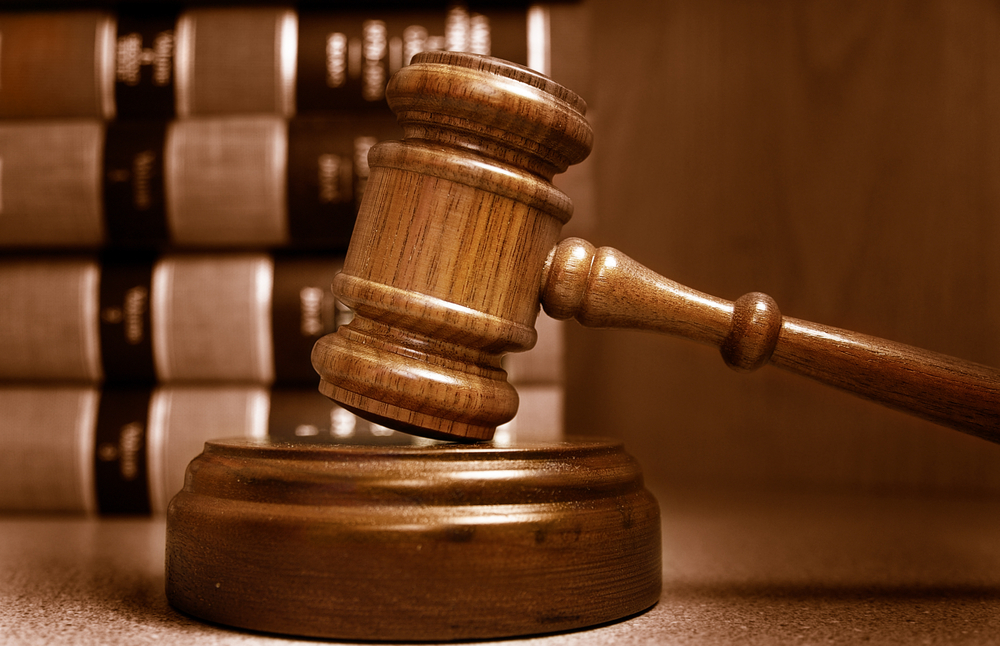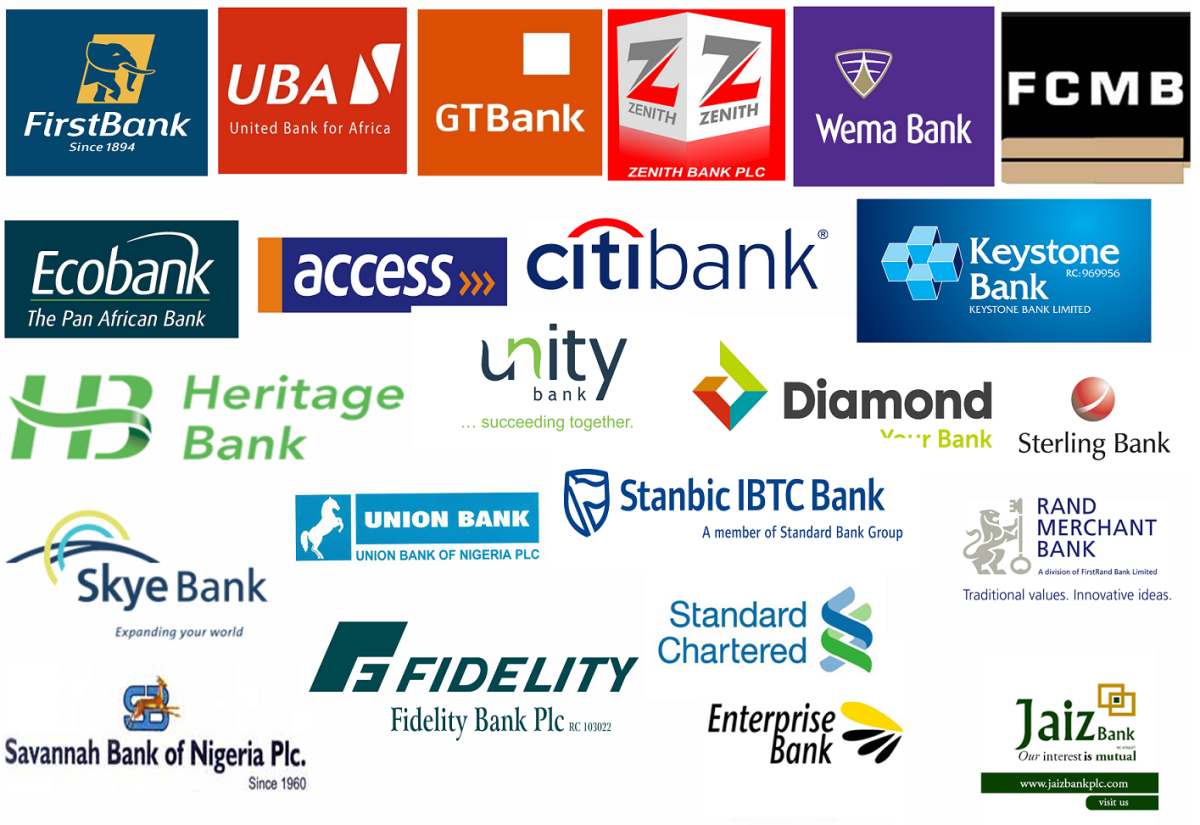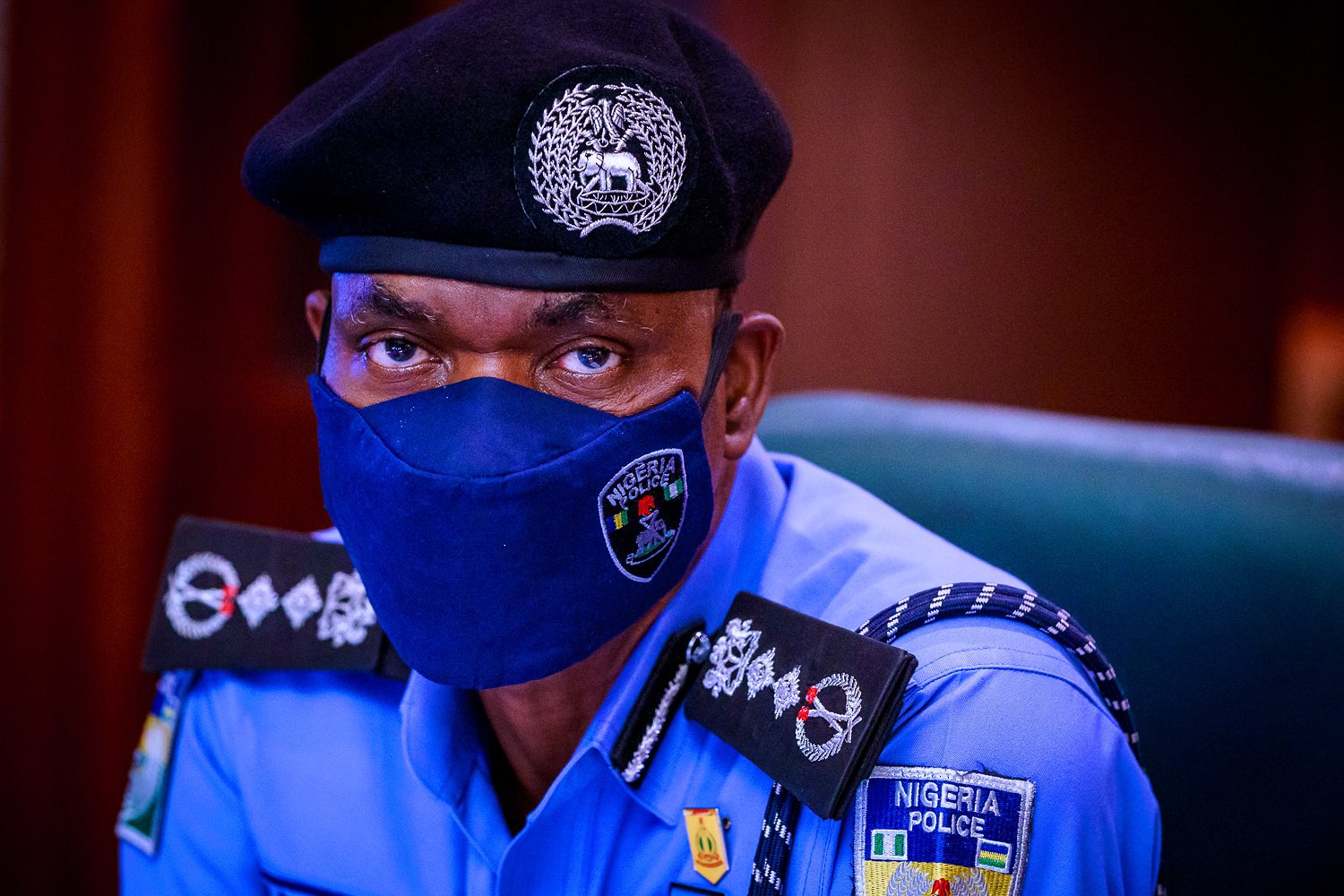By Sonnie Ekwowusi
When last did you check the bank charges slammed on you by your bank to ascertain whether they are appropriate charges or not? If you have not formed the habit of assessing your bank charges better start off today otherwise your bank will be slowly and steadily stealing your money in the name of bank charges without your knowledge. Nigeria is challenged from within on all front-political democracy, security of lives and property, economy, cultural identity, humanitarianism, moral renaissance and so forth. To many discontented Nigerians, the faiths which had been the mainstay of a way of life in Nigeria for generations now appear too static and removed from pressing everyday problems. We have lost faith in practically everything. Consequently our salvation in Nigeria clearly lies in our hands. You have to provide your own electricity supply, security of life and property, drinkable water, housing, transportation, primary health care and so forth. You also have to monitor and protect your bank account otherwise your bank will be stealing your money under the guise of charging you stamp duty charge, maintenance charge, upgrading charge, value-added tax, service charge, alert charge, charge on transfer (COT), new cheque booklet charge, overdraft charge, returned cheque charge and other unfounded bogus charges.
Last week the Federal High Court, Asaba in Rupert Irikefe V Central Bank of Nigeria, Zenith Bank Plc and the Attorney-General of the Federation held that that there is no express or implied duty in the Stamp Duties Act or any other law in Nigeria authorizing Zenith Bank Plc and other commercial banks in Nigeria to charge, impose and deduct N50 as stamp duty on any electronic transfer of monies from N1, 000 upwards. Therefore the court held that the imposition, deduction of N50 as stamp duty from the account of Rupert Irikefe by Zenith Bank Plc is unlawful and illegal. The court also ordered Zenith Bank to refund to Rupert Irikefe the total cumulative sum of money which it had illegally, unlawfully and wrongly deducted from Rupert Irikefe’s account as stamp duty. In handing down the aforesaid judgment, the court relied heavily on the valid and subsisting 2016 Court of Appeal decision in Standard Chartered Bank Limited V Kasmal International Services and 2017 Retail Supermarkets of Nigeria Limited V Citibank Nigeria Limited and the Central Banks of Nigeria.
The import of the aforesaid judgment is that commercial banks in Nigeria are barred from charging their customers stamp duty and other illegal charges. The Central Bank of Nigeria (CBN) must take note of this. My bank is Access bank. Permit me to reiterate once again an encounter with Access bank which had instilled in me a certain revulsion against anything called bank in Nigeria. It was a bright Monday morning. I needed to rush to the bank and make a quick withdrawal. Before going to the bank, I checked my statement of account and there was money in my account. But upon getting to the bank and presenting my cheque at the counter, the smiling teller first grabbed it, held it out in the light for proper scrutiny, tapped the keyboard momentarily with her right thumb and thereafter returned it with the most foolish answer a bank could give to its customer on a busy Monday morning. “Sorry, sir, are you expecting some money? Insufficient fund in your bank account. Please see the inquiry desk”. “What?” I retorted. “I said, sir, that you have insufficient fund in your account”, she repeated. “Since when?”. My current bank statement of account tells me I have some money in my bank account”, I thundered. “Yes sir, that is why I said you should see the desk officer, sir”. I angrily left the counter and confronted the desk officer with the cheque. She quickly snatched it from me, perused it carefully, took a quick glance of it on the screen and returned the cheque back to me. Thereafter the following hot argument ensued:
“There is something wrong with your account sir?”
“What is wrong with it?”
“Sir, you failed to migrate that was why the bank charged you N10,000”
“Migrate to where?”
“You failed to migrate to the new non-chargeable account, sir”
“What do you mean by that nonsense?”
“Sir, as at last three months ago, we gave all customers deadline to exercise the option to migrate to the new non-chargeable current account and those customers who failed to migrate were charged N10,000”
“You are not serious. Did you inform me before proceeding to remove N10,000 from my account?”
“Sir, we informed all customers”
“I said, did you inform me personally in writing or otherwise?. At the time of opening this account the bank never told me that it would at any time deduct N10,000 from the account. Besides, my current statement of account indicates that I have sufficient funds in my account”
“Sir, we sent out letters informing all customers”
“My friend, listen, you may not understand the meaning of personal contract. I said: did you inform me personally?”
“We did, sir”
“Okay, where is the proof?”
“I am sorry, sir, we don’t have it”
“Then you must be a thief. How can you steal N10,000 from a customer’s account against customer’s wish. Is that your money?”
“No, sir”
“So, why did you steal it?’
“I am sorry, sir. Please speak to my manager”
“I am not speaking to any manager. Just return my N10,000”
“I am so sorry, sir”
“Sorry for yourself. You must return my money. Look, I am giving this bank 48 hours to return the N10,000 failure for which it would suffer many undesirable consequences”.
Anyway, to cut the long story short, I left the banking hall fuming and threatening in anger. The next day the bank manager came calling with a letter of apology that the bank was going to sort itself out and make amends within one week. So, we must continue to demand for our rights in this country. It is not only the streets urchins, local government touts, SARS police and political thugs who are extorting money from hapless citizens. The banks are also extorting money from us. It beats the imagination that commercial banks which ought to protect their customers’ funds are now turning round to steal their customers’ funds. This is Nigeria for you. No idle moment in Nigeria. From the moment you get up in the morning until you return to bed in the night you are constantly ruffled by one thing or the other. If the kidnapper is not laying siege to the highway to capture you and whisk you away to their hideout where you will be handcuffed and chained to the ground until you have paid the last ransom, a staff of your bank is sitting down in an air-conditioned hall and secretly pilfering the money in your account under the guise of bank charges. So, you must get your bank to render you justice. You must stand up for your right. Always arm yourself with a copy of the judgment of the court in Rupert Irikefe V Central Bank of Nigeria, Zenith Bank Plc and the Attorney-General of the Federation. And anytime your bank misbehaves and charges you stamp duty, you must not hesitate to bring out a copy of the judgment and show it to your bank as a warning to remove the charge. The rule of law must prevail over arbitrary and capricious exercise of power.




